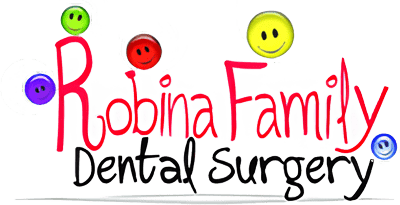Did you know that 1 in 9 Australians have asthma? That’s around 2.7 million people! And the most commonly afflicted are children under 15 years old.
As it’s becoming an increasingly prevalent issue, it’s more and more common to know a friend, a family member, or a colleague who suffers from it if you don’t already. We need to be looking at how asthma affects all areas of our lives, including our oral health, to determine how we can best support our loved ones and take care of our own dental health.

Asthma
Asthma is a chronic, inflammatory condition that causes the airways to constrict and produce excess mucus. This obstructs one’s airflow, making breathing difficult over a short period of time.
The good news is, the condition is reversible. With the help of medication (comprising of bronchodilators, corticosteroids, and anticholinergic drugs inhaled through puffers or nebulizers), asthama can be managed and controlled.

However, the issue is that these medications may have a poor impact on oral health. Many researchers claim that asthma patients may be at risk of several dental conditions if they take asthma medication:
- dental caries
- dental erosion
- periodontal disease (gum disease)
- oral candidiasis (oral thrush)

The root of all these issues is that the medications reduce the production of saliva in your mouth. And saliva is needed to neutralise the acids that are produced by plaque bacteria, as well as wash away any dead cells and residual food particles.
With a dry mouth, you have problems. So if you have asthma, how should you take care of your oral health?

Oral Health
Of course, you need to take your preventer every day. Try to use a spacer with your puffer though. A spacer is a tube that attaches to the inhaler and holds the medication until you breathe it in. This way, the medication isn’t sprayed directly onto your teeth and it also helps you get the most amount of medication in your lungs.
After taking your medication, rinse your mouth and spit so you don’t have any residual medication sticking to your teeth and gums. The contact with the medication will temporarily weaken your teeth enamel, so wait a bit after you’ve rinsed before brushing your teeth.

Of course, there are also the basics:
- brush twice daily
- floss at least once a day
- see your dentist regularly, every six months, for a professional check and clean
- avoid eating or drinks sugary foods and beverages (drink water to rehydrate your mouth)
Asthma is a widespread condition so if you want any further information or support, you can visit Asthma Australia or call the 1800 ASTHMA helpline (1800 278 462).

